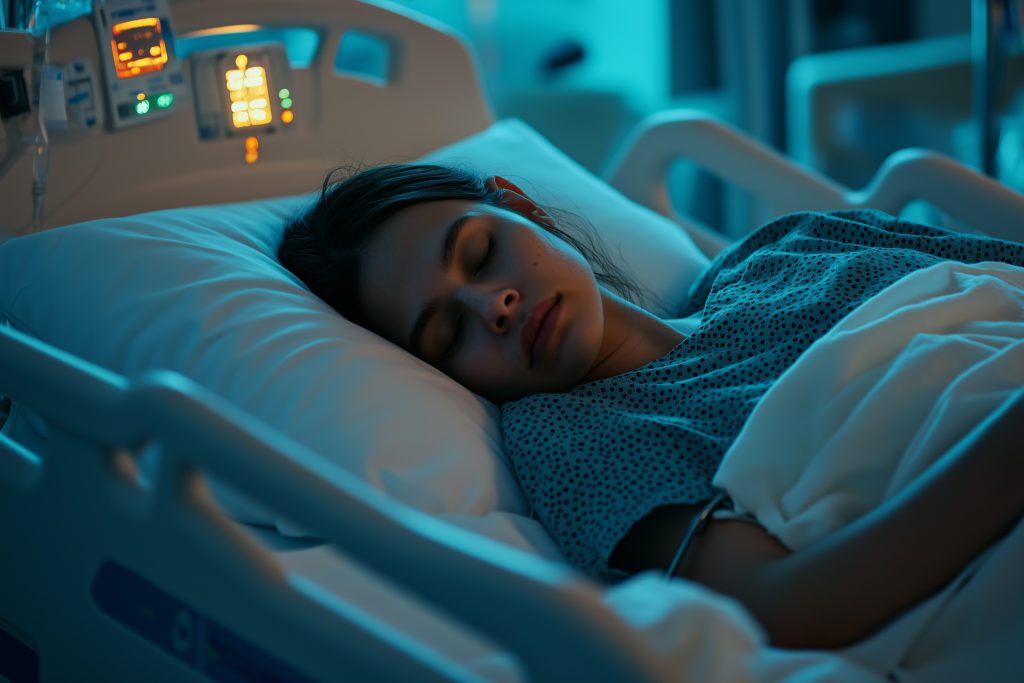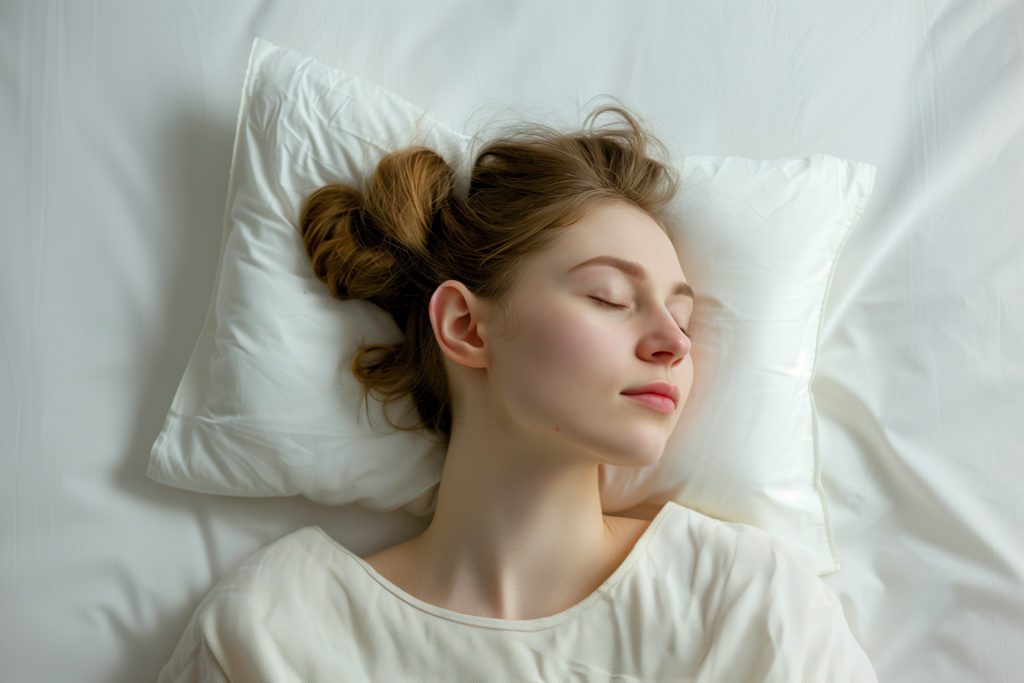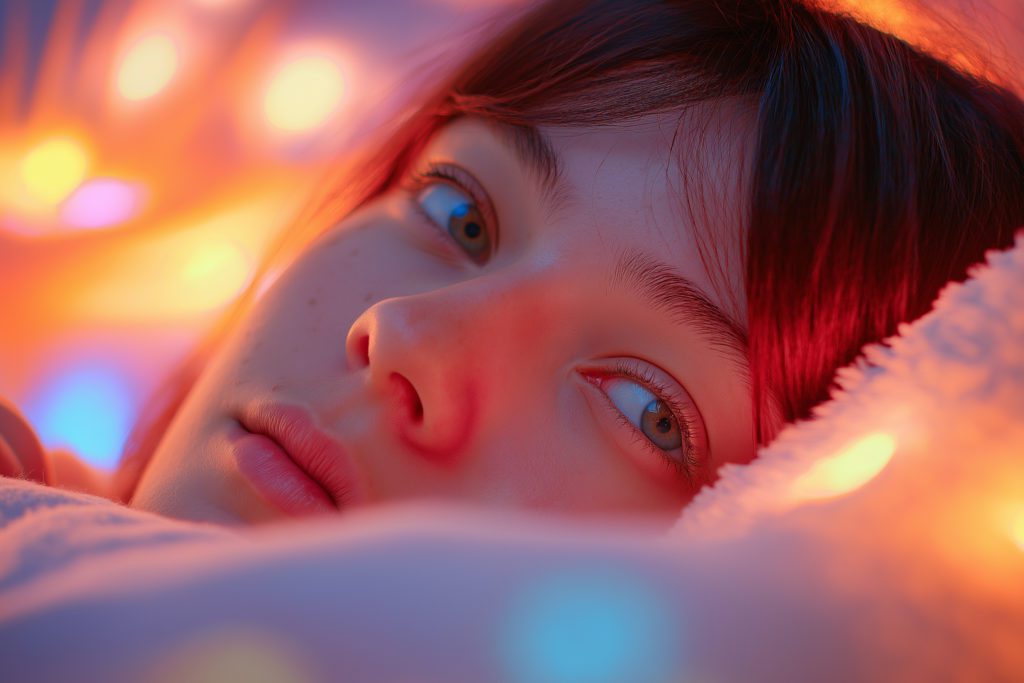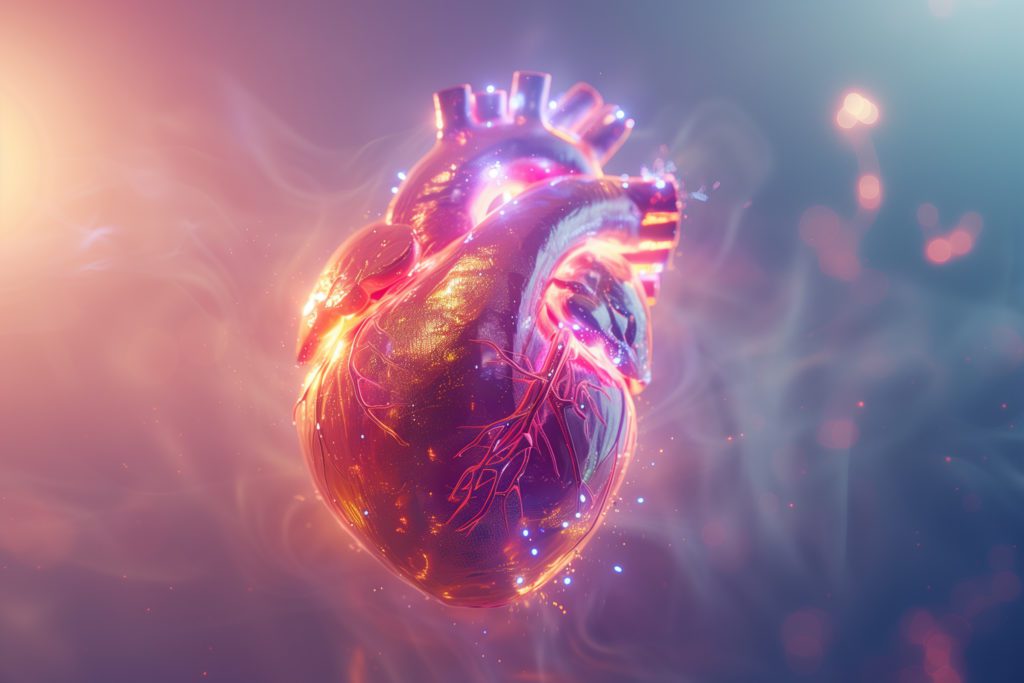
Why Do I Have Vivid Dreams?
Learn why you experience vivid dreams, their connection to REM sleep, stress, and creativity, and how they may reflect emotional and mental health factors.

How many times have you woken up from a dream so vivid that you swore it was real? It can leave you feeling puzzled, curious, and eager to understand why you even had the reverie to begin with. If this sounds like something you’ve experienced, you’re certainly not alone! Understanding why we have such vivid dreams is important, and fortunately, that’s exactly what we’ll tackle in this article.
We’ll explore why we have vivid dreams, what vivid dreams are usually characterized by, and what can lead to more realistic dream sequences. Whether you have these once in a blue moon or regularly, you’ll learn exactly why you have these and what they mean. If you’re ready, let’s dive in!
What Distinguishes a Vivid Dream from Normal Dreams?
One of the questions you might have immediately is, what makes vivid dreams different from normal dreams? It’s a decent inquiry and one that we all need to understand. According to experts, vivid dreams are easy to pick out because they feel incredibly real, or they may even be associated with dream enactment behavior (Source: PubMed). You might see intense colors, feel strong emotions, or a sense of realism. You might even wake up swearing you smelled something that simply wasn’t there!
Vivid dreams are not all that common either, but for some populations, they might be. For veterans, for example, one study reported that more than 60% of participants experienced vivid dreams, while the others simply said they were experiencing an ordinary dream. Most importantly, though, experts have confirmed that vivid dreams are associated with a higher percentage of REM sleep, which is important as we look into what causes vivid dreams.
The Factors That Contribute to Vivid Dreaming
While we know that REM sleep is when these vivid dreams occur, we also have to understand the physical, emotional, and life factors that could contribute to vivid dreaming. For instance, is it a matter of stress? Are there certain medications that cause vivid dreams? Here is a look at the most common contributors or potential causes of vivid dreaming:
- Stress and Anxiety: The more stressed that we are, the more likely we are to experience vivid dreaming due to heightened cortisol levels. Even sleep deprivation can cause vivid dreams, as our body will experience physical stress and then have to rebound with more REM sleep, thus causing more vivid dreaming. REM rebound can also lead to headaches and confusion upon waking, so that is an unfortunate side effect to be mindful of (Source: PubMed).
- Emotional Processing: Sometimes, our vivid dreams are just a matter of our emotional processing. As you may know, sleep is necessary for us to process our emotions and consolidate memories, so there is every chance your vivid dreams can arise out of the need to process intense events or emotional experiences.
- Sleep Disorders: In some cases, you might struggle with parasomnia or another sleep disorder that can lead to REM rebound and, thus, cause vivid dreams. REM rebound does not always indicate a sleep disorder, but if you find yourself struggling with other associated symptoms, it might be worth getting assessed (Source: PubMed). Some potential disorders that could lead to vivid dreams include narcolepsy, obstructive sleep apnea (OSA), and insomnia.
- Medications: Believe it or not, the medication you take might have a direct influence on your potential to have vivid dreams. Antidepressants, for example, are known for decreasing REM sleep, which could lead to REM rebound later. Additionally, antipsychotic medications can also completely suppress REM sleep (Source: PubMed). If you feel your medication could play a role in your potential vivid dreaming, it’s best to ask your primary care provider.
- Creative Thinking: It may sound silly, but there is every chance that your vivid dreaming is a result of your creativity. Because dreams are our mind’s way of creatively problem-solving and consolidating memories, it could be that your creativity contributes to some of your vivid dreams (Source: PubMed). So, if you’re a writer, artist, or simply have a wild imagination, this is something to consider.
What Do My Vivid Dreams Indicate About My Mental Health?
Something that everyone is concerned about—and rightfully so—is whether or not vivid dreaming indicates anything negative about one’s mental health. While there are no clear causal links as of yet, there are many studies that show how your mental health could be connected to your vivid dreams. For example, one study showed that veterans with post-traumatic stress disorder (PTSD) are more likely to experience vivid dreams.
Other conditions that could be associated with vivid dreaming include Lewy body dementia, which is associated with abnormalities during REM sleep (Source: PubMed). Lewy body dementia can lead to problems with cognition, movement, behavior, and mood, much like Alzheimer’s disease. However, other studies have also shown that over time, the changes you might experience in your dreams in general can be indicative of mental health symptoms worsening. Those with insomnia have negative dream changes, even ones that are more vivid and potentially uncomfortable to experience.
So, as you can see, vivid dreams are associated with heightened stress, PTSD, and even other mental health conditions. Even then, your vivid dreaming does not mean you must have a mental health condition. If you are concerned about your psychological health and feel it might be causing your vivid dreams, it’s always a good idea to reach out to a medical doctor in your area to gather more insight into your situation.
Take Steps to Understand Your Vivid Dreams and Enjoy Restful Nights
Regardless of why you have your vivid dreams, it’s clear that they are tied to more REM sleep and—sometimes—mental health conditions. To better understand your reveries, try journaling and reflecting on what you remember from your dreams. Are there any themes you notice? You also might want to keep track of other symptoms related to mental health or sleep disorders. We hope that you learned something new in this article! How will you take steps to promote restful nights while you experience vivid dreaming?

Written by
Marie Soukup
Marie Soukup is a seasoned copywriter, editor, and Integrative Nutrition Health Coach with a certificate from the Institute of Integrative Nutrition (IIN). With years of experience working with brands across diverse industries, Marie is passionate about holistic health and crafting compelling content.
Download Pillow
Get help
Press & News
Legal
Connect
X (Twitter)
Company
Copyright © Neybox Digital Ltd.



